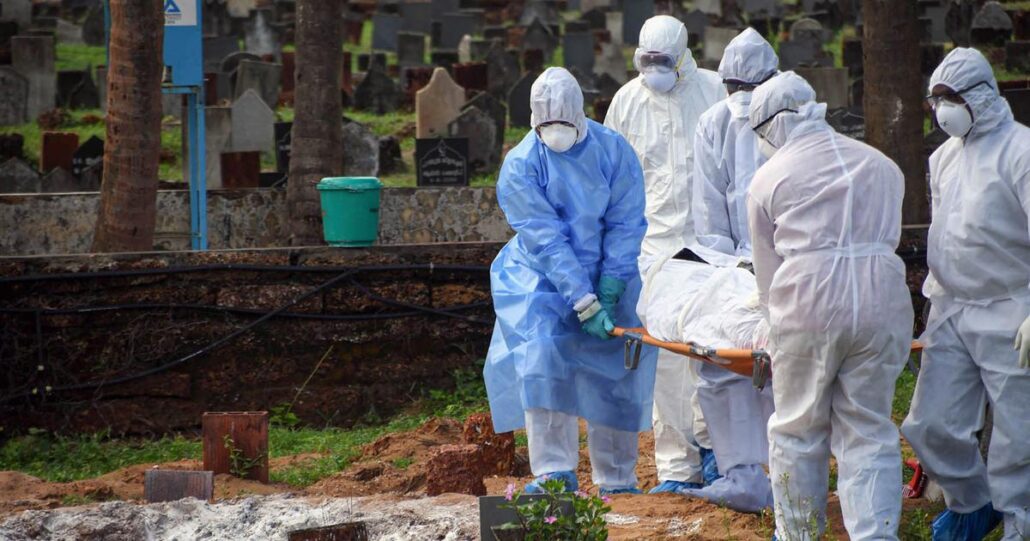
A new variant of Covid 19, Omicron spawn BQ.1 and its offspring—the highly immune-evasive BQ.1.1—are gaining ground in the U.S.
The duo comprises more than 11% of COVID cases, according to updated projections released Friday by the U.S. Centers for Disease Control and Prevention.
The agency hadn’t listed the variants until then because they were estimated to comprise less than 1% of those circulating.
“When you get variants like that, you look at what their rate of increase is as a relative proportion of the variants, and this has a pretty troublesome doubling time,” Dr. Anthony Fauci, the nation’s top infectious disease expert and the president’s chief medical adviser, told CBS News on Friday.
BQ.1.1’s extreme immune evasiveness “sets it up to be the principal driver of the next U.S. wave in the weeks ahead,” Topol tweeted Friday.
On Thursday, he told Fortune that scientists won’t know to what extent it challenge vaccines, if it does, until it reaches 30%-50% of cases somewhere.
“It’s not going to wipe out vaccine efficacy, but it could but a dent in protection against hospitalizations and death,” he said.
BQ.1.1 is already known to escape antibody immunity, rendering useless monoclonal antibody treatments used in high-risk individuals with COVID. According to a study last month out of Peking University’s Biomedical Pioneering Innovation Center in China, BQ.1.1 escapes immunity from Bebtelovimab, the last monoclonal antibody drug effective on all variants, as well as Evusheld, which works on some. Along with variants CA.1 and XBB, BQ.1.1 could lead to more severe symptoms, the authors wrote.
BQ.1.1 is one of two variants, including XBB, Topol says should be granted new Greek letter names, like Pi or Rho, because they differ enough from BA.5, the strain they derived from. He also said he would have assigned a Greek letter to BA.5, which was significantly distinct from ancestors BA.1 and BA.2.




